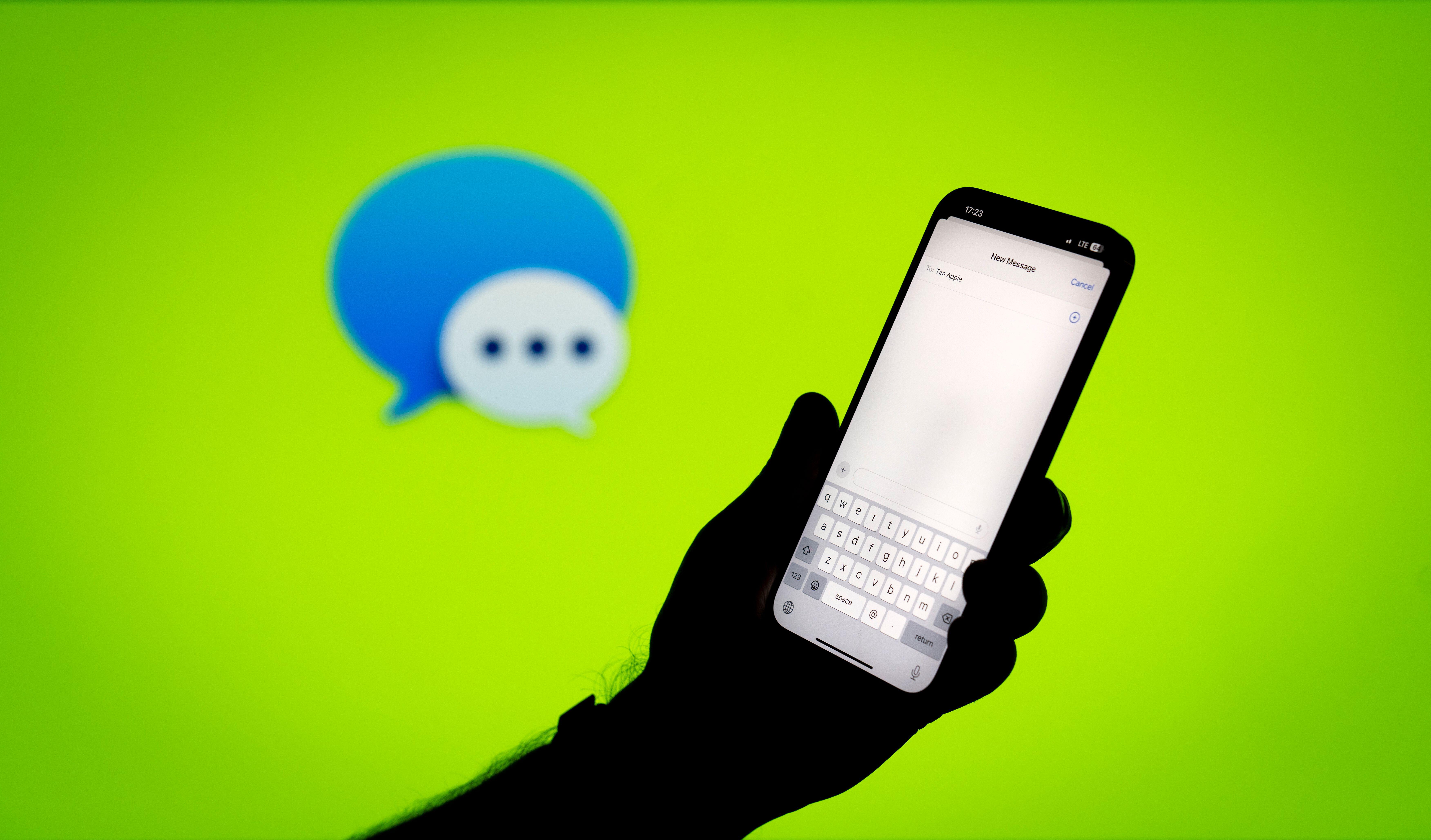The world became a better place when the European Union (EU) passed a law requiring all mobile phones, tablets, cameras, and some other devices sold in the EU to support USB Type-C.
The law wasn’t meant to tell companies like Apple how to innovate but to address the accumulating amount of electronic waste in Europe (and everywhere else). I recently moved, and I was shocked at how many power bricks I had accumulated. For decades, my phones and other devices all came with unique power adapters, plus I had them for home and car. Today, most of them are junk.
A single standard for charging standard for our ever-ubiquitous devices makes it easier for people to use and purchase fewer chargers. The law doesn’t officially start until the end of next year, but Apple already adopted the USB-C port in its newest iPhone. In the spring of 2026, the law will expand to include laptops.
It was a logical move that benefits consumers, cities, and countries. It wasn’t as obvious to Apple as it benefits from a proprietary ecosystem. Purchasing more Apple products is logical for those who already have Apple Lightning accessories.
Europe didn’t go far enough! It should have required Apple to support RCS messaging.
RCS stands for Rich Communications Services. This communication protocol for mobile messaging was intended to be the successor of SMS, the messaging standard supported on nearly every mobile phone. RCS has an embarrassing and beleaguered history of false starts that span more than a decade. During that time, over-the-top messaging alternatives, such as WhatsApp and Messenger (both owned by Meta) have become dominant.
Mobile providers love lock-in whenever they can get it. They want locked phones, locked protocols, and locked messaging. In a nutshell, that’s why RCS has failed. There are lots of options for RCS, and the carriers managed to implement it in non-compatible ways. In 2016, GSMA introduced an “RCS Universal Profile,” an industry-agreed set of features and technical enablers to simplify and accelerate the development and deployment of RCS.
Messaging apps are inherently closed clubs. To message someone, both parties need to be in the same club. SMS mostly requires its members to have a mobile number, and that’s a pretty big club. iMessage requires its users to have Apple products. Messenger works for Facebook users. All of these clubs have some form of admission charge. In the case of iMessage, it’s to an Apple device customer and user. In the case of Messenger, it’s to accept their terms of information-gathering and ads.
WhatsApp has become so popular in Europe that it’s practically required for those living and working there. The admission Meta charges for WhatsApp is their access to all of your contacts. It’s very hard to use WhatsApp without doing so.
SMS is the closest we have to universal messaging, but it’s relatively dated. The carrier (and government) can read all of your messages, and it lacks common features such as read receipts and typing indicators. Despite these shortfalls, SMS remains widely used because it’s so widely supported. It’s ideal for general notifications and services like two-factor authentication.
Widespread adoption of RCS will make messaging better and more secure for everyone. RCS offers better security and authentication. It also provides message delivery status, read receipts, and typing indicators. RCS messages are also compatible with SMS, i.e., the messages are downgraded to SMS for users that don’t support RCS.
There are no downsides to RCS. It poses no risk or changes to other messaging apps. It does, however, narrow the competitive gap between native cell messaging and messaging apps. Today, users can select whatever app they prefer.
As of today, there are over 40 mobile carriers that are supporting RCS. All three major carriers in the US now support it. O2, the UK’s second-largest carrier, just started rolling it out. The vast majority of Android phones support RCS has Google has enabled support in Android.
RCS is poised to replace SMS and it supports many of these advanced features. It also supports formatted messages. For example, instead of airlines sending a boarding pass link via SMS, they could actually send a boarding pass with a barcode via RCS. This example is actually possible today -- except many users don’t have RCS, primarily because Apple won’t support it on iPhones.
We know why Apple won’t support RCS. Apple iMessage drives sales of Apple products. Emails unearthed in the Epic trial showed Apple Senior Vice President of Software Engineering Craig Federighi said, “iMessage on Android would simply serve to remove [an] obstacle to iPhone families giving their kids Android phones.” Apple has since expanded iMessage to Android, with stigmatizing green circles.
Google is also aware that the iMessage club hurts Android phone sales, but rather than promoting its proprietary alternative Google Chat, Google is encouraging RCS as a universal mobile standard. Google keeps finding ways to nudge Apple into adopting RCS with banners, commercials, and keynote jabs. But Apple has held its ground, safeguarding its walled garden.
Europe came pretty close to mandating Apple to support RCS. The new Digital Markets Act, or DMA, is the EU's latest strategy to keep tech giants in check. It's designed to protect consumers and businesses from the lack of healthy competition and interoperability. The DMA sets strict guidelines to determine which companies qualify as 'gatekeepers’ that control our digital lives.
Twenty-two core platform services operated by six companies have been designated as Gatekeepers: Alphabet, Amazon, Apple, ByteDance, Meta, and Microsoft. Gatekeeper services have at least 45 million active users and must meet additional requirements. They each have six months to implement changes that promote competition. including specific interoperability for consumer messaging giants.
iMessage did not make the final list of gatekeeper services. It was on the list early, but Apple managed a stay of execution by insisting on a more formal review process of iMessage and RCS, A decision is expected in early 2024, and Apple might soon have six months to implement RCS support.
If implemented logically, RCS is a natural and intuitive upgrade. There are no apps to purchase or setup. Users might notice typing indicators - this has already become common among Android users. RCS is more secure that SMS and supports a featured called Verified Sender that will reduce fraud and increase trust. RCS supports locations, photos, and a variety of multimedia elements.
The only thing negative really ever said about RCS is that the standard has taken too long. It spent way too many years finding its current path of interoperability. But that’s not a reason to dismiss it. The tech is now ready and offers significant upgrades over SMS. The only major barrier is Apple’s refusal to implement it in an obvious stunt to hold its customers hostage.
Dave Michels is a contributing editor and analyst at TalkingPointz.








